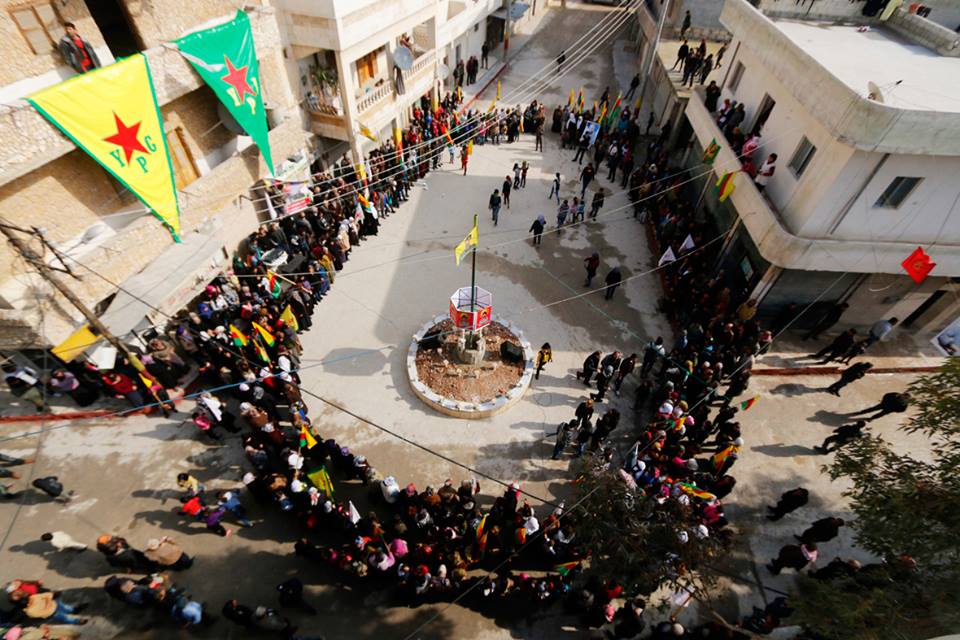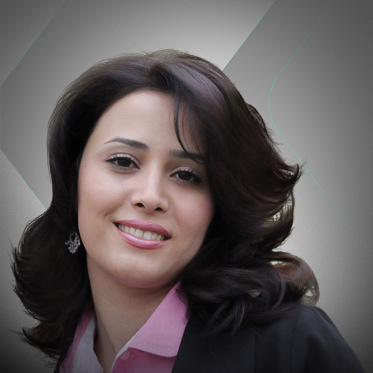Rojava comes to California

LOS ANGELES, United States (K24) — The Kurdish American Relief Fund held a seminar and a fundraiser in Los Angeles on Sunday to support the Kurdish fighters in Rojava (Syrian Kurdistan) fighting against the Islamic State (IS).
American journalist Paul Z. Simons, pen name El Errante, spoke about his experiences in Rojava to a diverse and full room of Kurds and non-Kurds at the Malibu Hills Community Centre in Agoura Hills.
Showing pictures on a large screen, Simons described his adventurous trip to Rojava in October and expounded on the secular, leftist, feminist worldviews that many Kurds adhere to there.
“I was not there to photograph ‘women in uniform,’ rather to grasp a sense of local assemblies, how they interact with the militia, the executive councils, and some of the new institutions—schools, universities and infrastructure that the PYD and their allies have built.”
The Partiya Yekitiya Demokrat (PYD) or the Democratic Union Party is a Rojava-based political party co-chaired by Salih Muslim and his female counterpart, Asiyah Abdullah. The party describes itself as believing in “social equality, justice, and the freedom of belief” as well as “pluralism and the freedom of political parties.”
In the non-hierarchal system practiced in Rojava, council communes' members must include a minimum forty percent female in order to make decisions based on community needs and to forward these observations to their executive committees.
Additionally, no one individual maintains power for more than six months. This allows different members to practice leadership skills and prevents potential corruption from holding power for an extended period of time.
Rojava is under a great deal of pressure by their neighboring countries: the war with Daesh (IS) and border closings between Turkey and Syria—stopping transportation of medicine and equipment from reaching civilians—are two of the main daily concerns.
Simons then showed the audience a photo of a gun that had a bullet placed next to the barrel. The gun belonged to a Kurdish fighter who said he kept the bullet there “to remind himself to always leave one bullet, in case he got captured.”
In Rojava, despite access to oil in Hasaka Province, people are focused on building infrastructures and agriculture so their economy does not dependent solely on oil. Syrian President Bashar al-Assad, and his late father Hafez, also a former President, had limited the type of agricultural crops Kurds were allowed to plant in their region, but now the inhabitants of Rojava are discovering that their lands are fertile and capable of nurturing a diversity of plants.
“I had lost hope in humanity but after seeing these people, I was infected by the Kurdish disease—hope,” said Simons, while fighting back tears.
The presentation and question and answer period lasted three hours and the fundraising dinner to support Rojava was served in the popular Kurdish restaurant Niroj, also in Agoura Hills.
